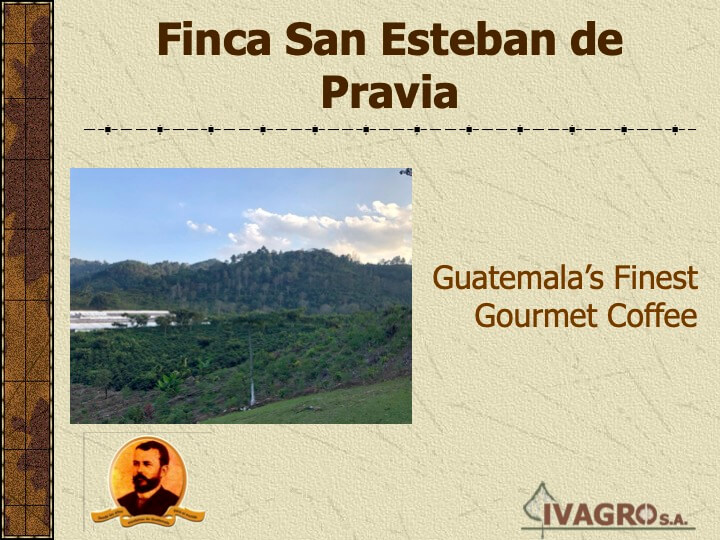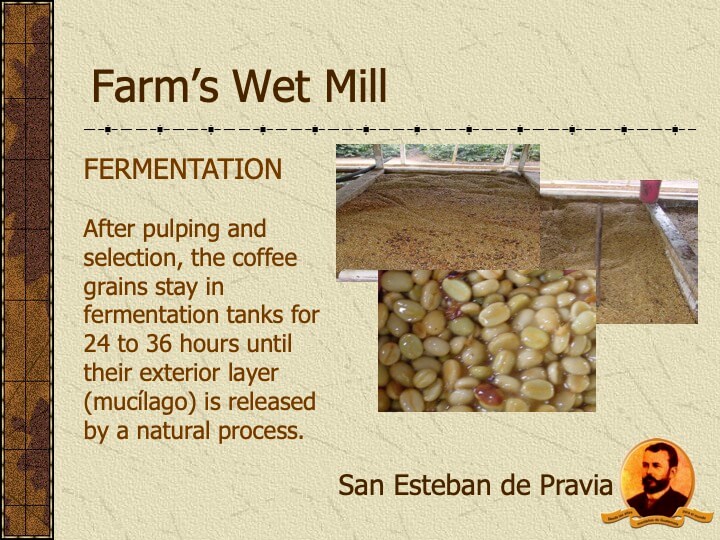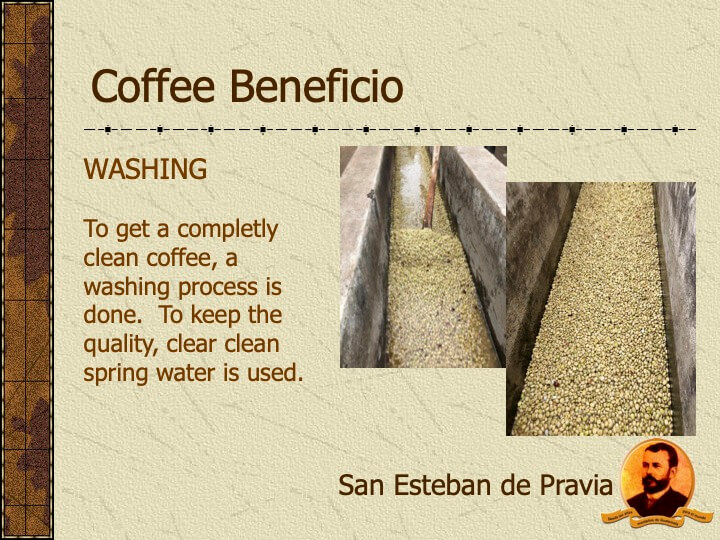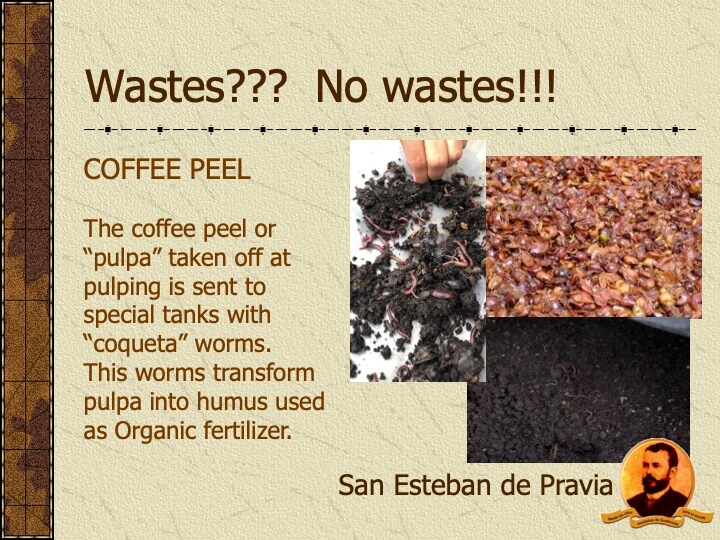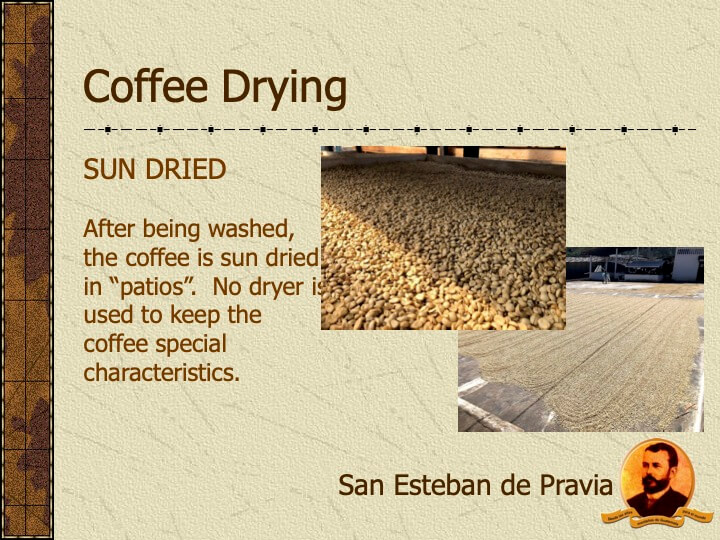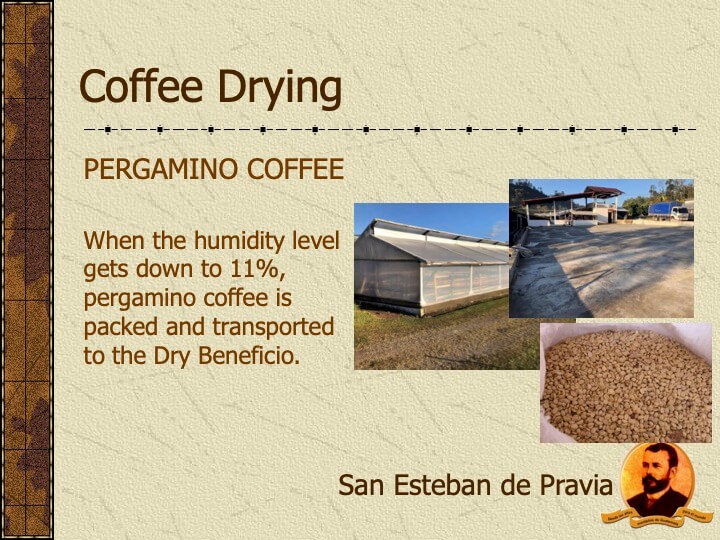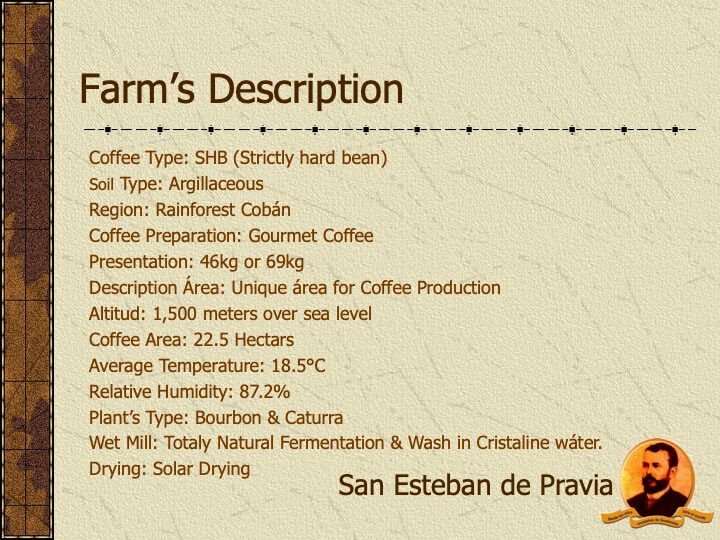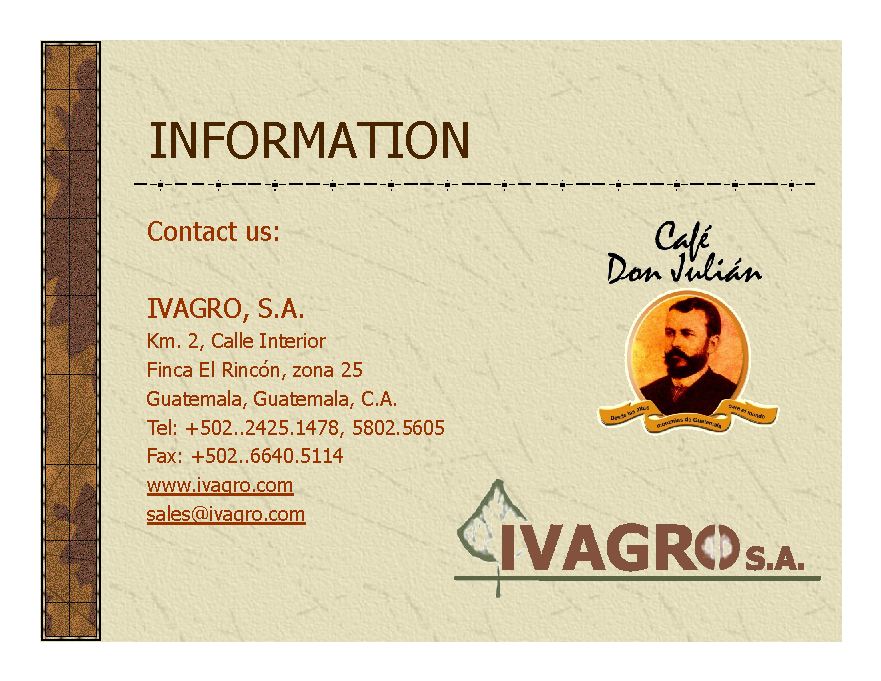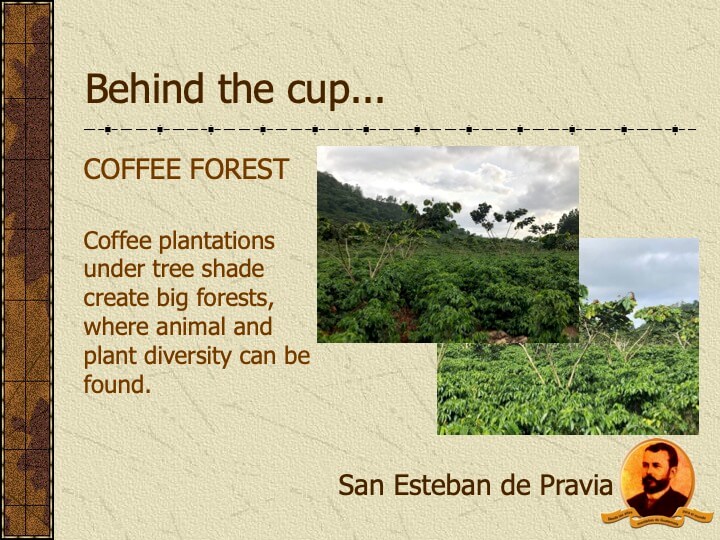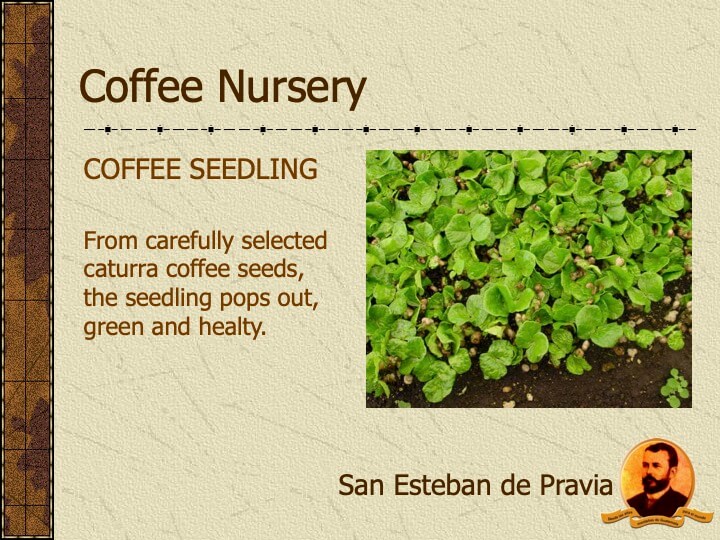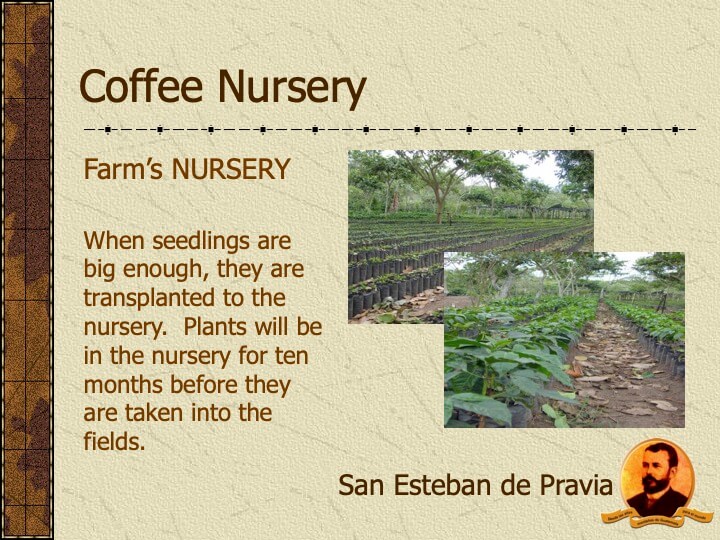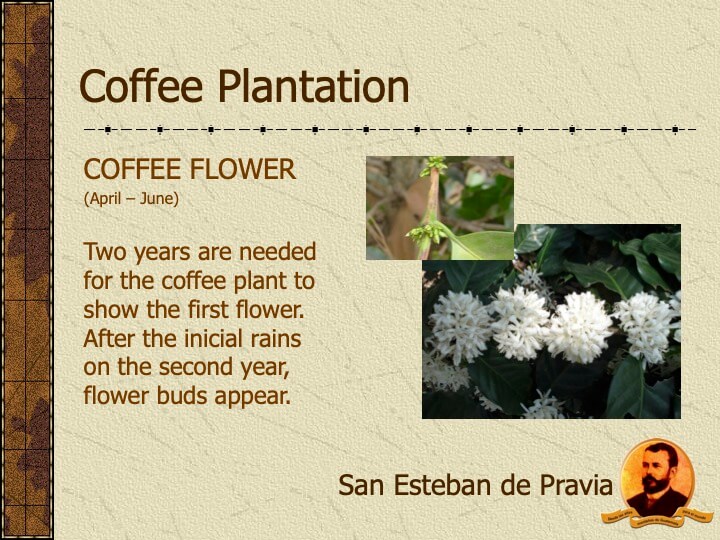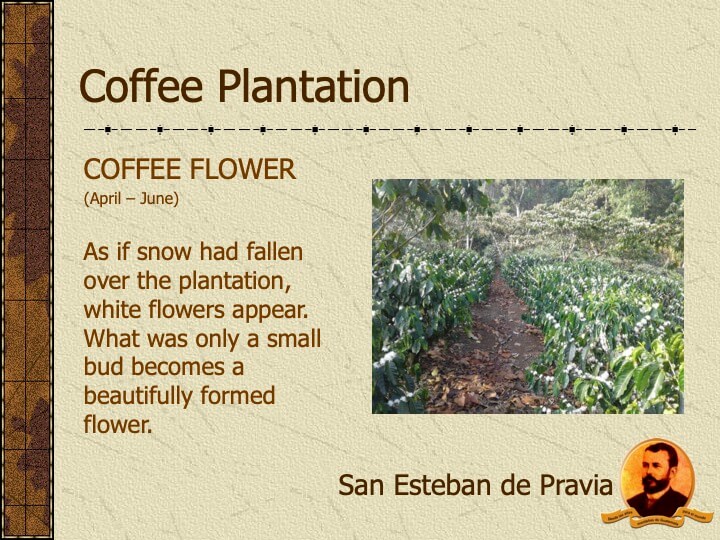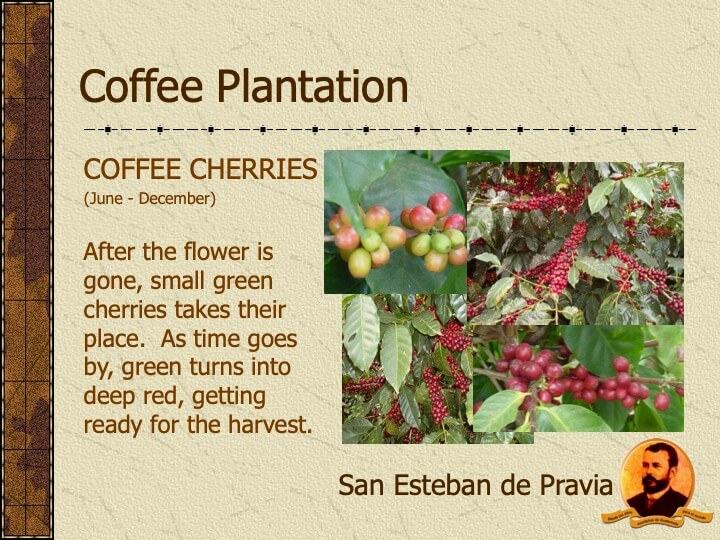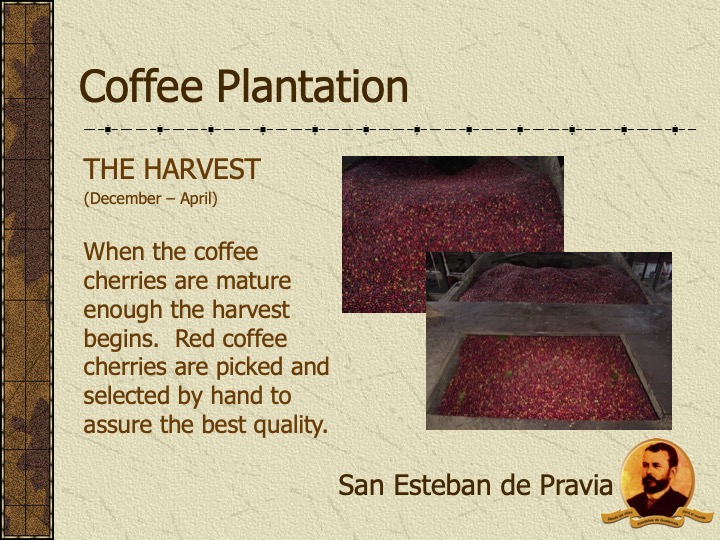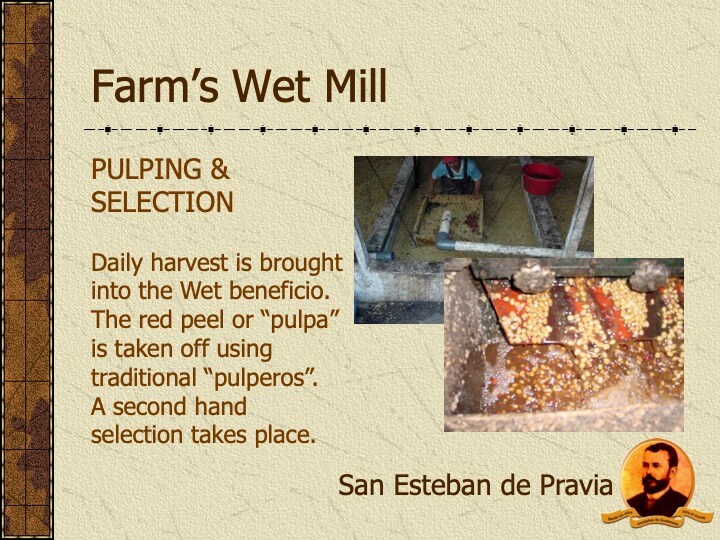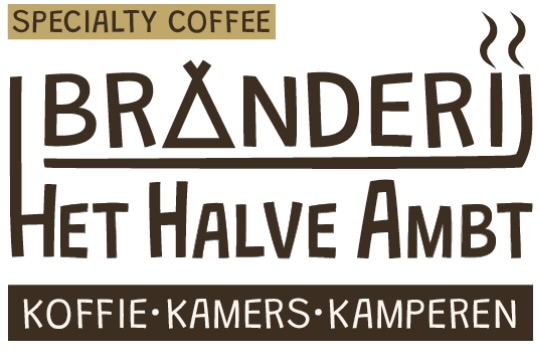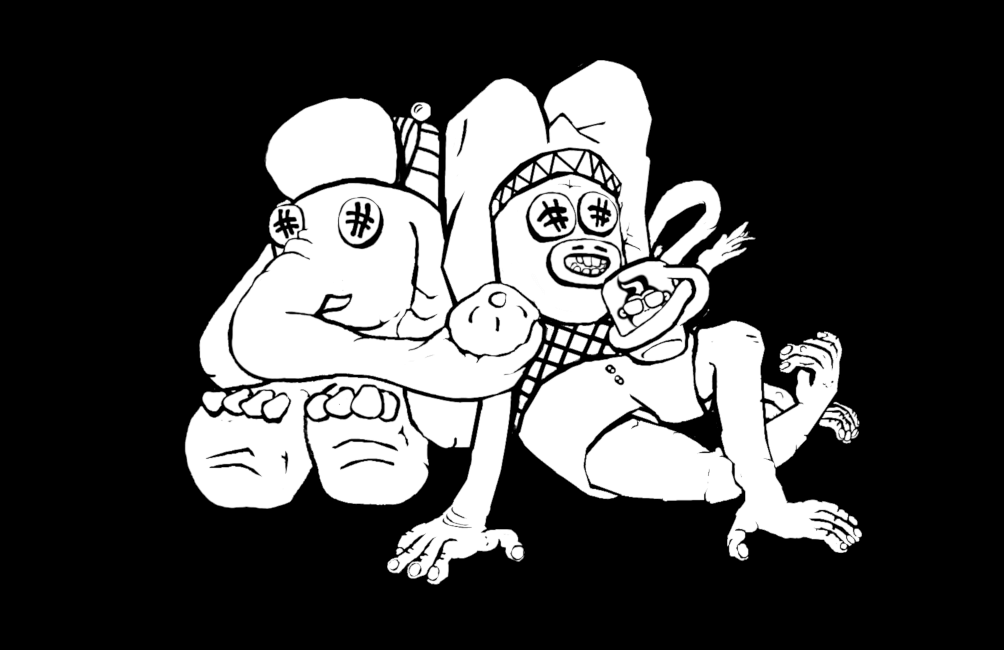Don Julian's Coffee
is a fine specialty coffee from the mountains of Guatemala.
We distribute this exceptional coffee across Europe, shipping it directly from the farms in Guatemala. Our SHB (Strictly Hard Bean) coffee is stored in climate-controlled facilities in the Netherlands to ensure freshness and maintain quality. This strategic location allows us to easily and directly supply our customers, guaranteeing the coffee's quality, with cupping scores reaching 85 or higher. We exclusively supply to roasters and offer advice on roasting techniques. The Guatemalan farms where our coffee is sourced are 100% eco-certified, demonstrating a commitment to environmental quality. For pricing information, please contact us via email.
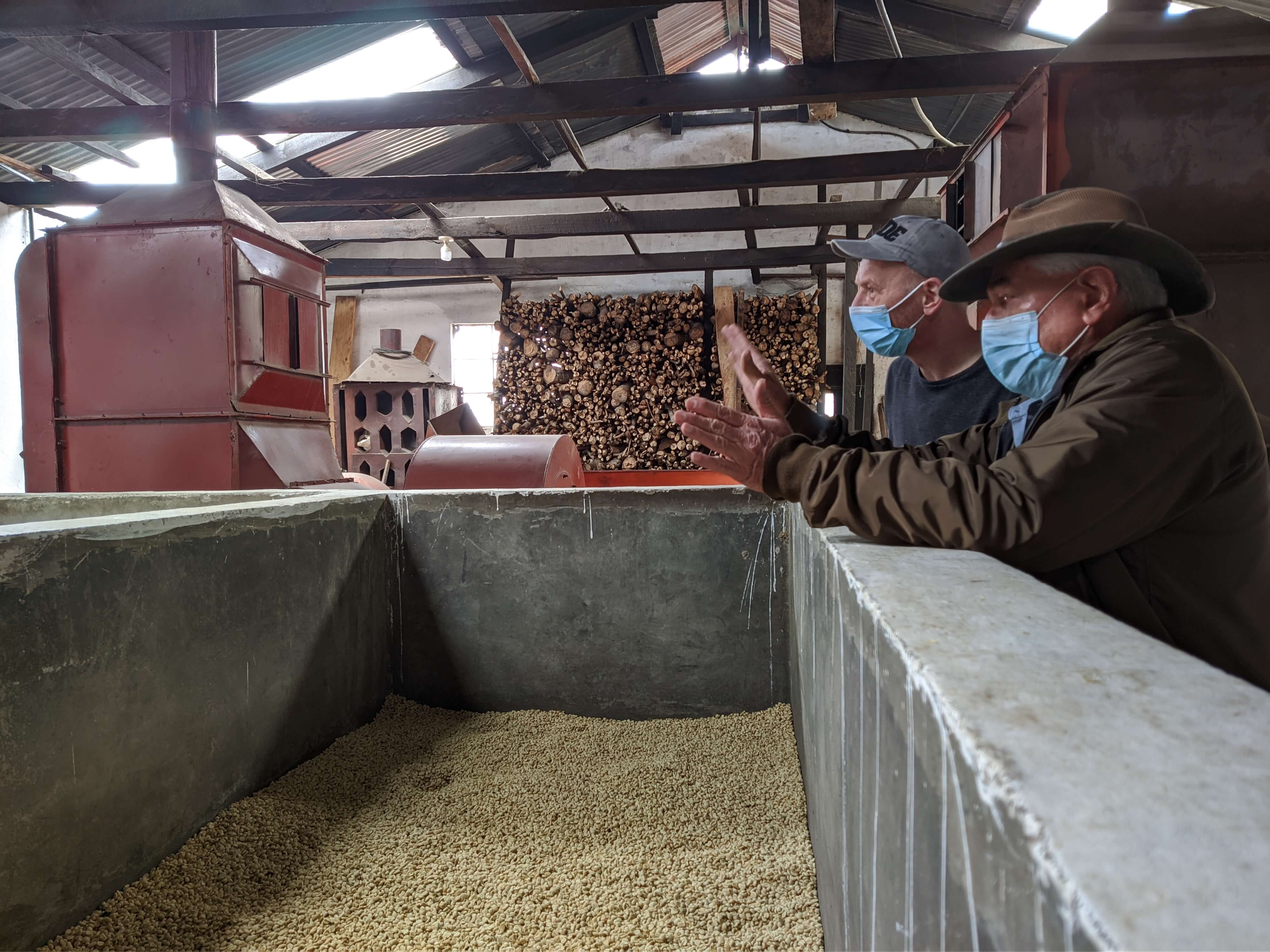
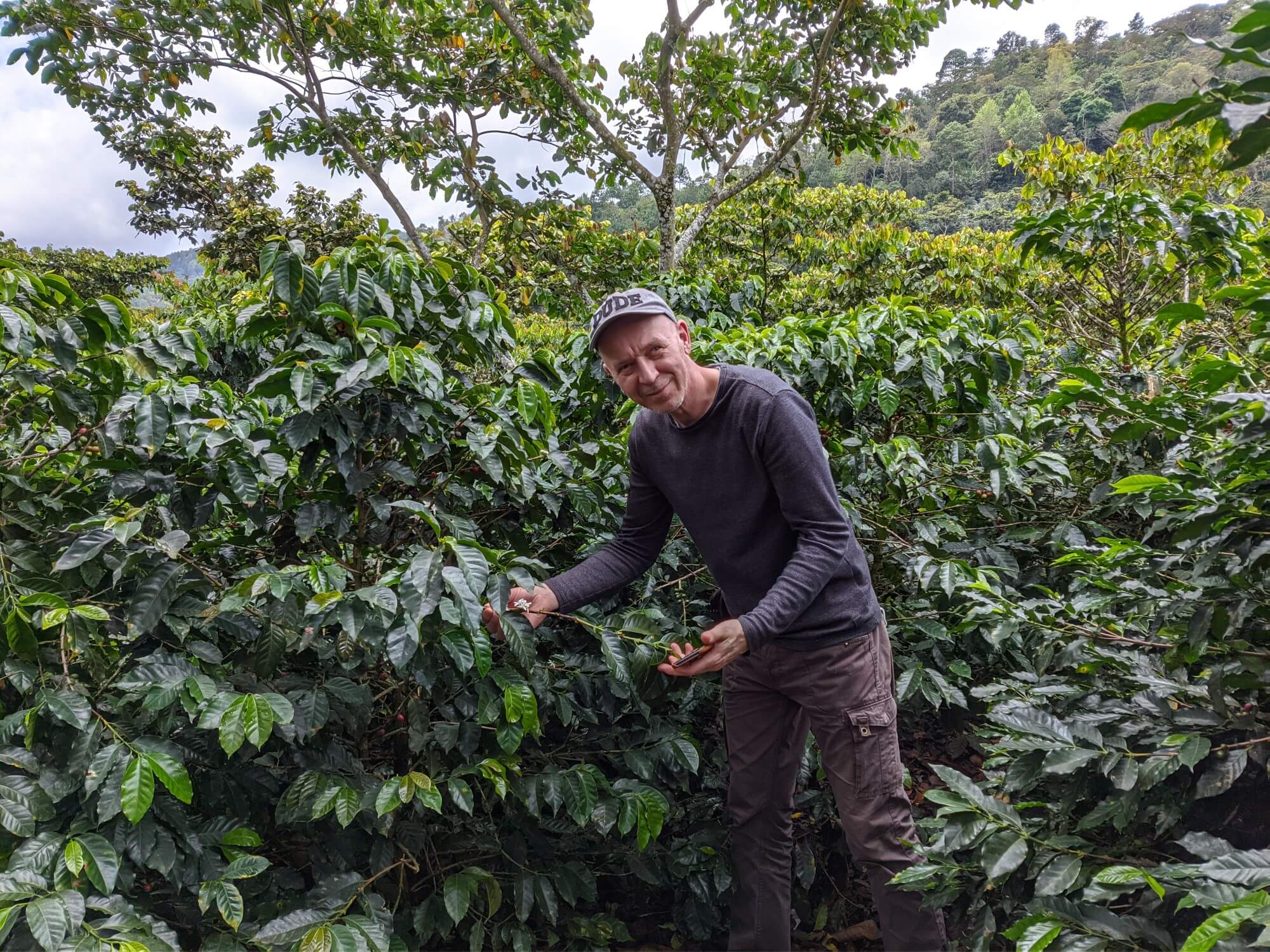
Product Information
- Coffee Type: S.H.B. (Strictly Hard Bean)
- Soil Type: Argillaceous
- Region: Rainforest Cobán
- Preparation: Gourmet Ground and Roasted, available in American or Espresso styles.
- Description: Cobán's rainforest region provides a unique environment for coffee production.
- Altitude: 1,500 meters above sea level
- Coffee Growing Area: 22.5 hectares
- Average Temperature: 18.5°C
- Relative Humidity: 87.2%
- Varieties: Arabica Coffee - Caturra & Bourbon, grown under tree shade.
- Wet Mill Process: Natural fermentation and washing with crystal-clear water
- Drying Method: Solar dryer
- Distributor: Ivagro, S.A.
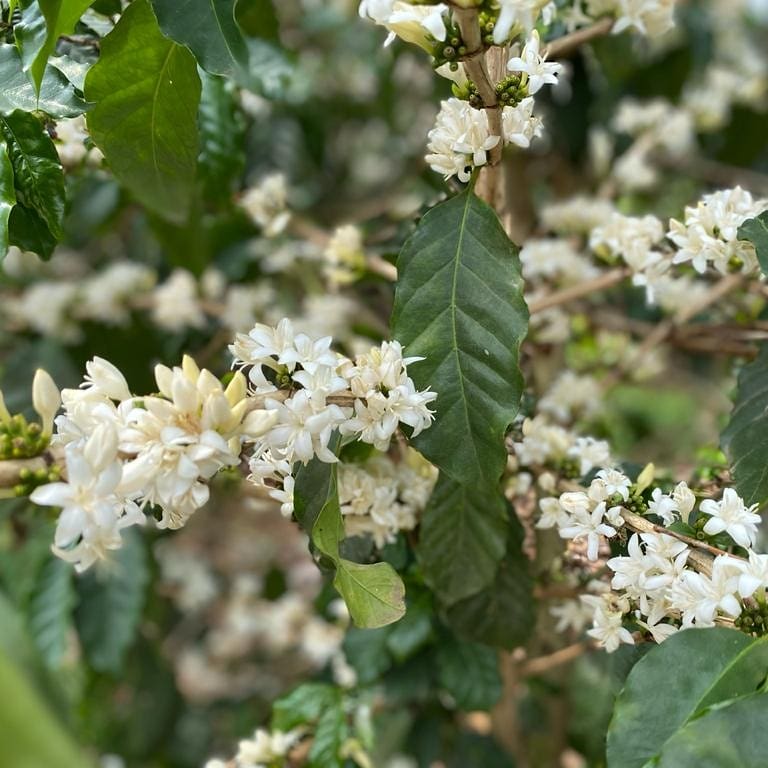
Roasting Advice
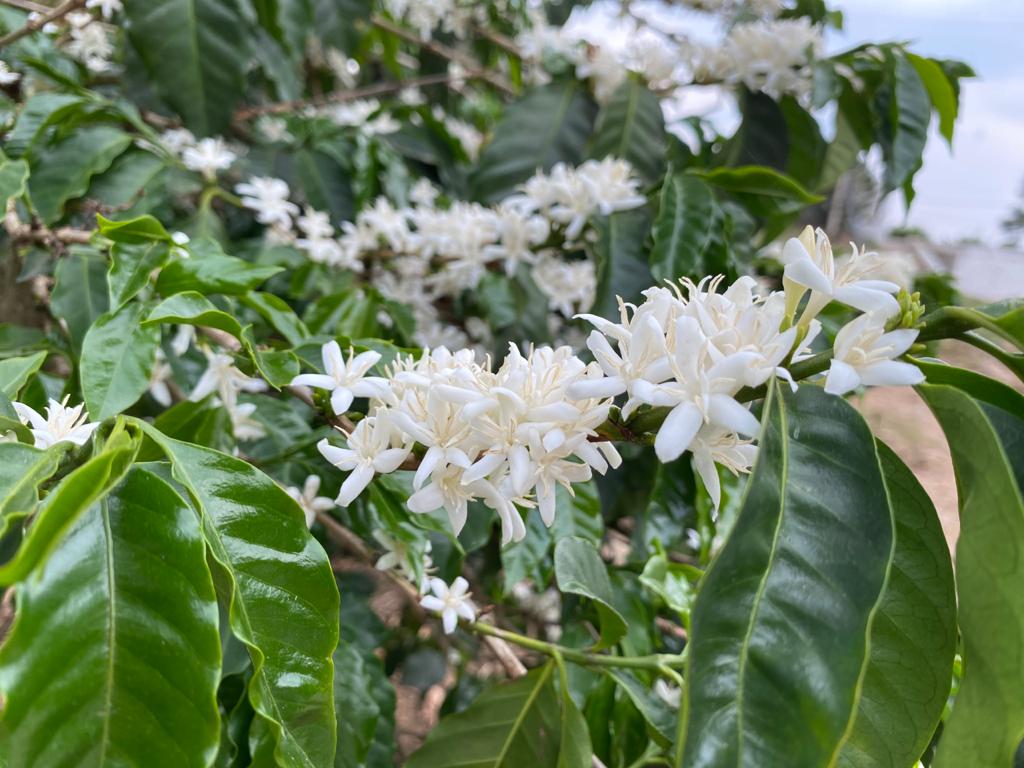
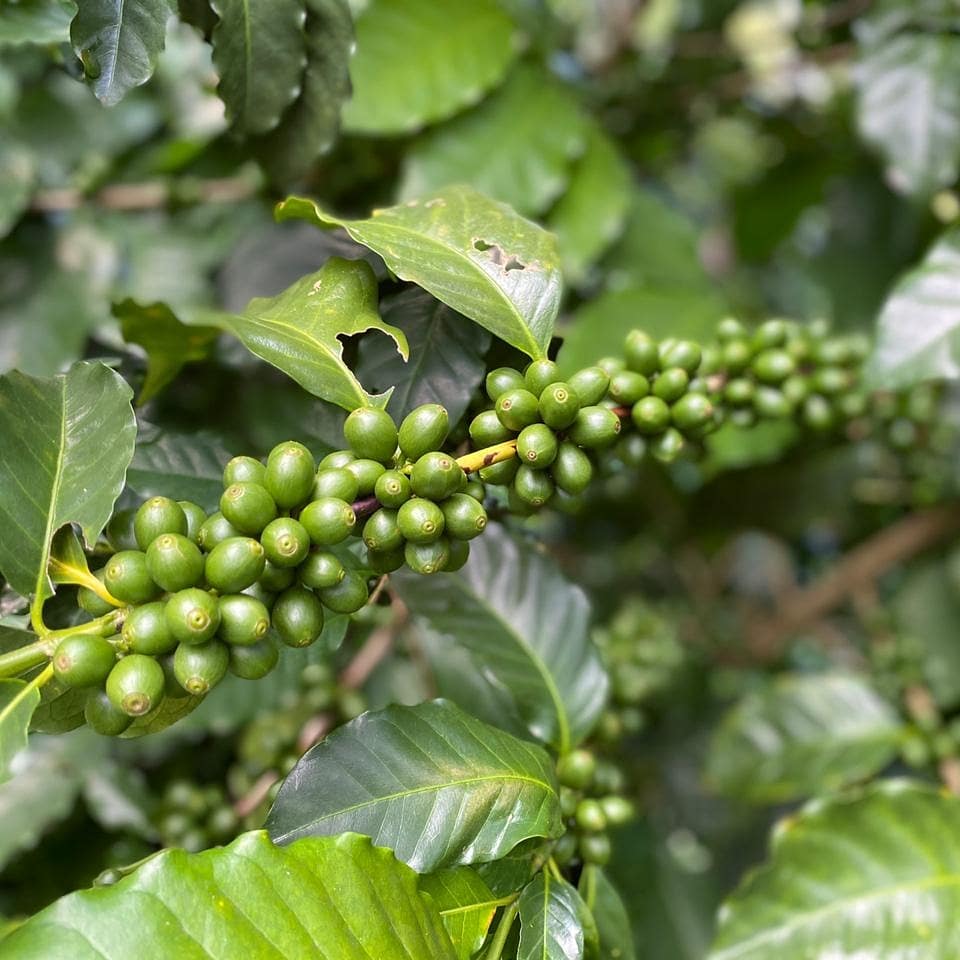
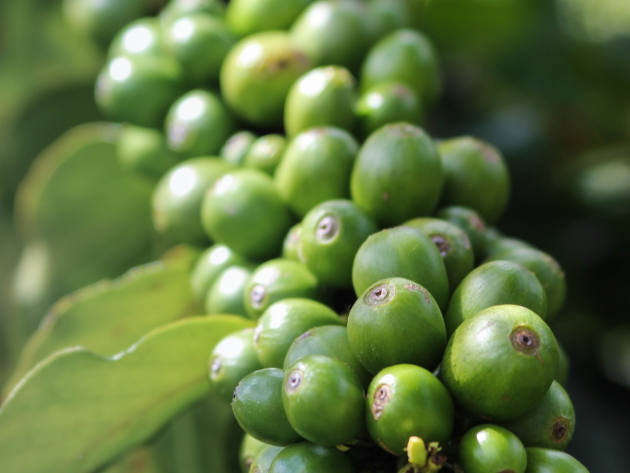
100% eco-OK Commitment with environmental quality
In our pursuit of excellence, environmental care plays a crucial role in the quality of our product.
We implement every process and procedure with a deep commitment to the environmental practices that we pledge to uphold throughout the entire coffee production cycle. Our commitment to being 100% Eco-OK includes several key practices:
- Protecting rivers and all other water bodies.
- Establishing buffer zones around protected areas and watercourses.
- Applying special ecological care within these buffer zones, where hunting is strictly prohibited.
- Preserving native trees as part of our shading system, which consists of two or three layers for optimal coffee growth.
- Being aware of and protecting endangered species in the region through specific measures.
- Storing pesticides, herbicides, and other chemicals securely, away from human activities and safe from animals or unauthorized access.
- Ensuring the quality of both surface and groundwater remains untainted by chemical products like insecticides and herbicides.
- Practicing recycling in all forms possible, with organic materials reused as fertilizer rather than being discarded into water bodies.
- Conducting periodic water quality analyses to guarantee the purity of water on the plantation.
These practices underscore our dedication to environmental stewardship as an integral part of producing high-quality coffee.
The plantation employs comprehensive erosion control measures to protect the topsoil. This includes utilizing contour farming techniques to minimize erosion and establishing natural, living barriers. The landscape is enriched by the consistent canopy of natural and indigenous trees, ensuring that the plantation benefits from their shade. To sustain soil fertility and structure, a layer of organic material is maintained across the coffee fields, promoting a continuous supply of organic nutrients to the plants. In areas prone to steep slopes, the use of herbicides is avoided, favoring the application of organic matter generated on the farm and the integration of nitrogen-fixing plants to maintain soil quality. Chemical fertilizers are applied sparingly and only when absolutely necessary to maintain the quality of the coffee. Regular soil analysis is conducted to determine the soil's condition and nutritional requirements.
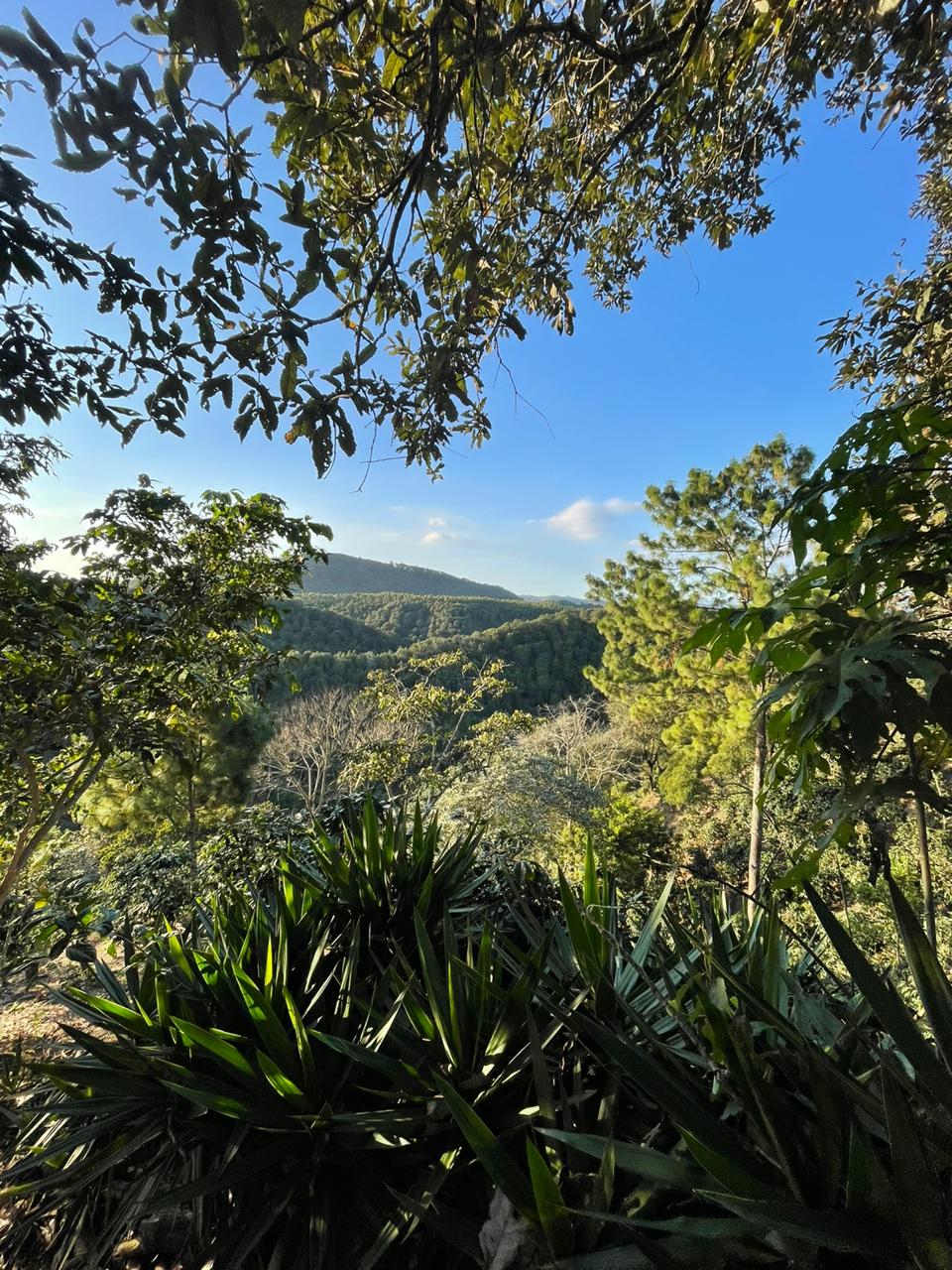
Don Julians Coffee
Finca San Esteban de Pravia has a very long coffee tradition. The first family plantations were located in Lake Atitlán's surroundings, in Finca San Julián since 1860. This coffee tradition went on and has been improved over time and generations achieving an excellent symbiosis between the excellent production tradition and the most modern processing techniques. Don Julián's tradition is still alive in the coffee plantation at Finca San Esteban de Pravia, an estate located in the Central Plateau of the Sierra Madre mountain range at 5000 ft. It is completely surrounded by two clear water rivers and the coffee plantation occupies more than 90% of the farm extension. Each and every plant in the plantation is carefully taken care of from the very beginning. The new plant seeds are selected among the best seeds of the plantation. This seeds are rooted then grown in the almácigo under cushin tree shade. When the plants are almost a year old, they are transported into the fields where shade is already grown to minimize the plant stress in this movement and in the future plantation. Two years after the coffee plants are taken into the plantation, the first production is obtained; the production then continues once a year.
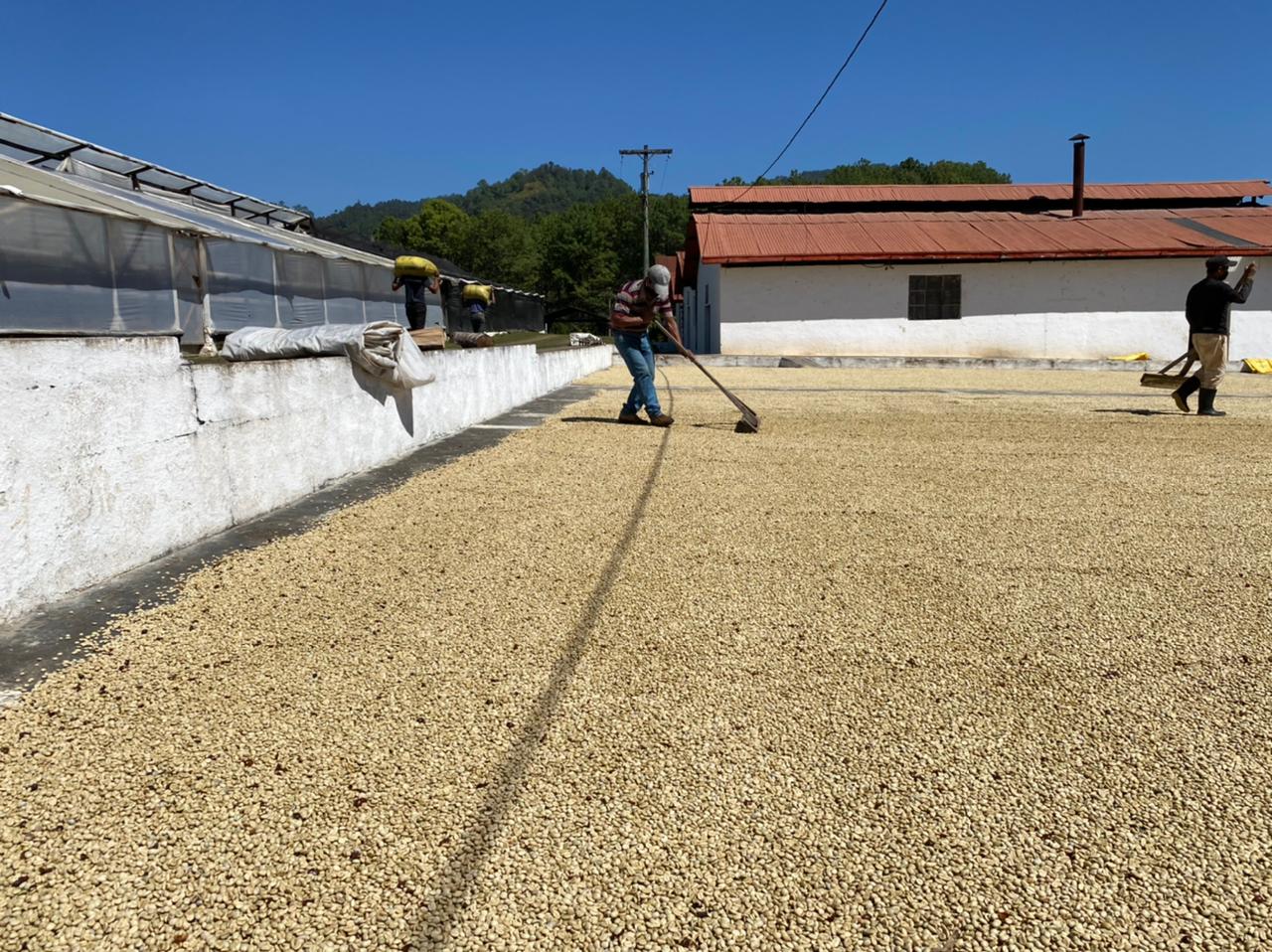
Harvest and Farm process
Due to the farm's altitude and climate, the harvest occurs from December to March. Special care is given to picking only the ripest seeds, identified by their deep red to purple hue. After each day's harvest, the coffee is manually sorted to discard any unripe seeds that were inadvertently collected. Finca San Esteban de Pravia operates its own wet mill, or "beneficio húmedo," where the coffee processing begins daily. Upon arrival, the coffee is placed into a large water tank, or "sifón," for a second round of selection based on density; the heavier, high-quality seeds sink to the bottom and are used in the next stage of processing, while the lighter seeds are separated for a different process.
Following the initial selection, the seeds are moved from the tank to the pulpers, mechanical devices that remove the coffee cherry's outer pulp, leaving the inner seed exposed. This seed then goes through a rotary sorter, or "criba," to remove any remaining pulp. Subsequently, the seeds are placed in tanks for a fermentation period of 24 to 48 hours to break down the mucilage, a sticky substance surrounding the seed. After fermentation, the coffee is washed several times before being spread out on drying patios or "patios." Depending on the weather, sun drying can take between 8 to 15 days. This process results in parchment coffee, or "café pergamino." The final step involves removing the parchment layer in a hulling process, "trilla," yielding green coffee beans ready for traditional export.
Don Julián's Coffee has taken its commitment to quality a step further by roasting its own coffee using traditional methods, achieving the exceptional quality of Café Don Julián. The coffee is packaged in high-barrier bags to ensure its quality remains intact for over two years. The excellence of Don Julián's Coffee has been acknowledged by Anacafé (the Guatemalan National Coffee Association) and various other coffee organizations. We now offer this outstanding coffee directly from the farm to you, eliminating intermediaries to guarantee the product's origin and quality.
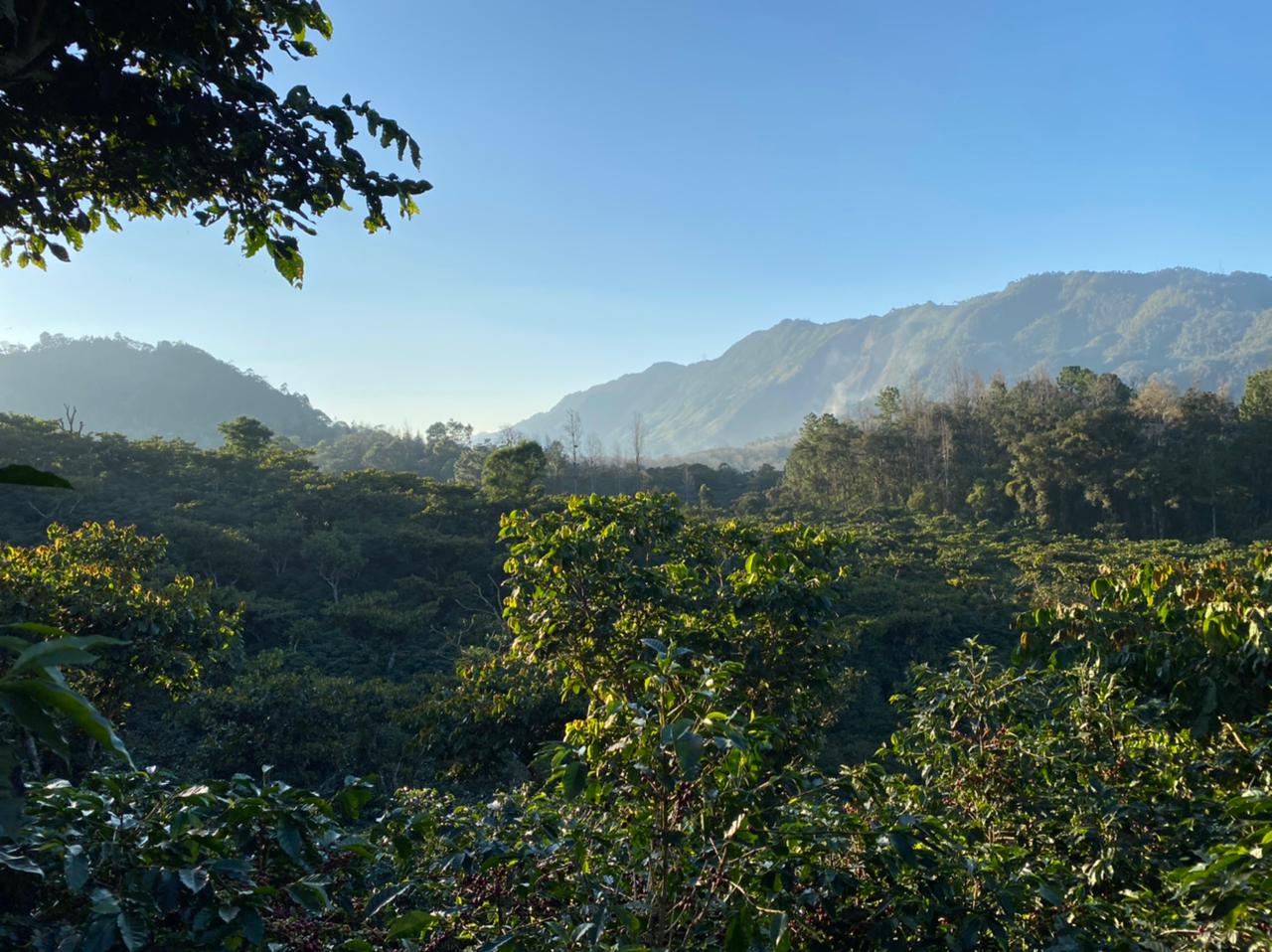
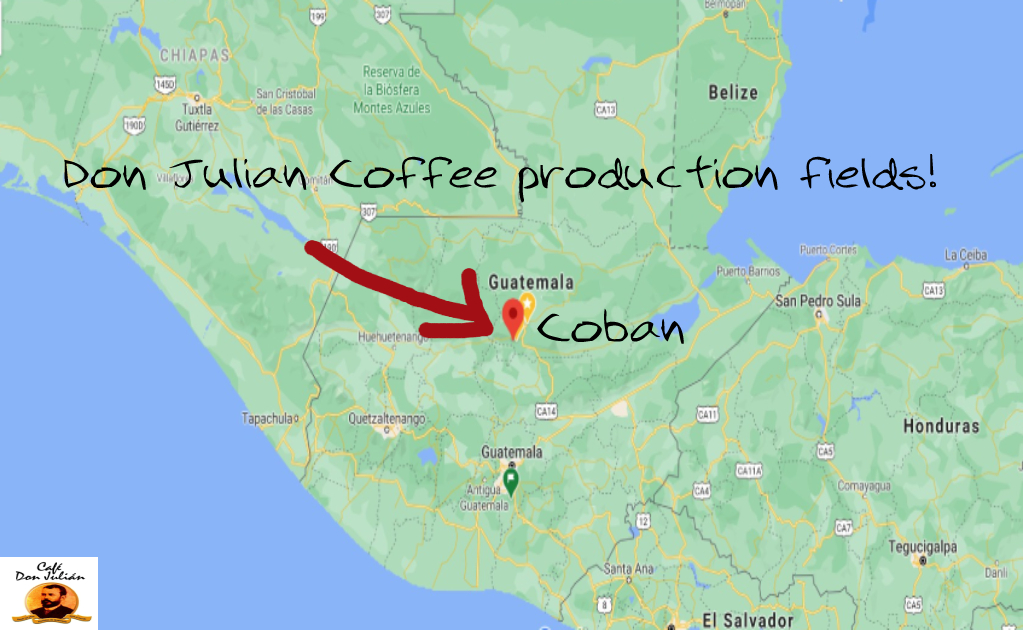
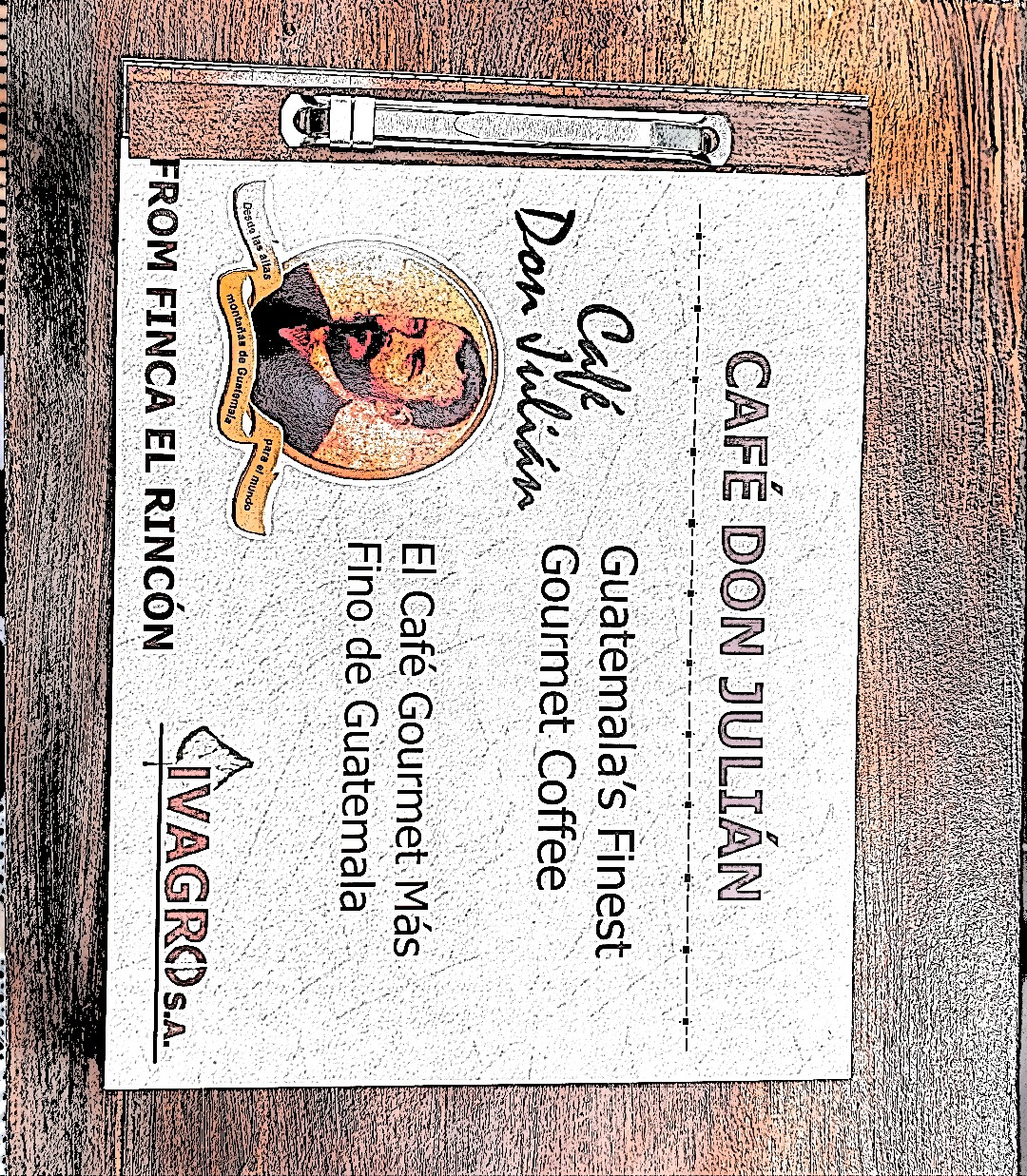
Anton Spruit
Owner and Distributer
